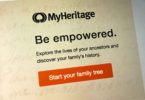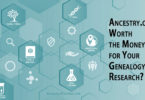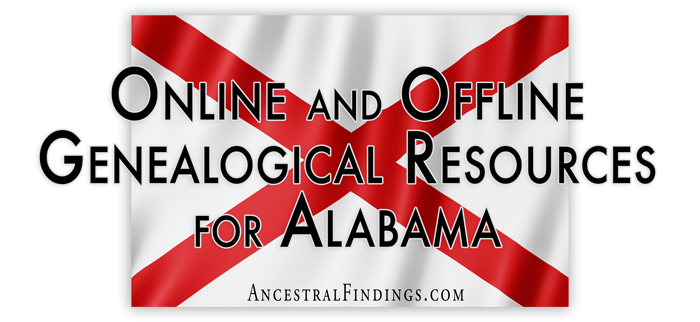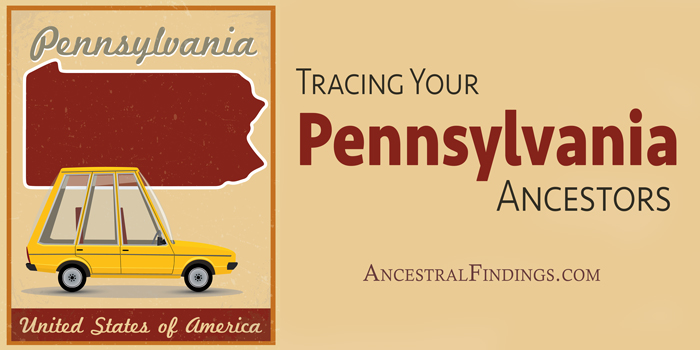People have been keeping track of their genealogies since time immemorial. Before writing, we would pass down our family histories and lineages through oral tradition. Later, those who could keep this information in family Bibles, Torahs, and other religious texts. Finally, we started writing it down in the form of family trees. Family trees have been the most popular and widely used form of genealogy, at least in the modern age. The fascination with and importance of genealogy has always had to do with our desire to know ourselves by knowing our past.
Our identities have always been determined by our communities, our families, and our tribes. At least, that was true until recently. In the modern age, our identities are more and more determined by the brands we choose. Brands and the businesses that back them are threatened by our love of and fascination with genealogy because they cannot be a part of it. This was true until recently. More and more, large corporations are deciding that if they cannot pry us away from our family histories, they will do the next best thing by owning them.
This is why such commercial genealogical powerhouses as Ancestry.com have come to dominate the genealogy market. Our family histories themselves have now become brands. And, while the large genealogy websites like Ancestry.com and GenealogyBank.com are useful tools, it is important to understand how they became the new “brand names” in genealogy, and why they felt the need to do so.
Commercial websites comprise part of the world that is known as Silicon Valley. Silicon Valley may refer to companies actually located there physically, in California, or to virtual properties online that are powerful moneymakers and well known to most consumers. And, Silicon Valley does not invent things, as you may have been led to believe. It takes things that have already been invented, claims them as its own, and brands them. Apple did it with military research that it turned into the iPhone, and Uber did it with privately owned cars. Ancestry and other big genealogy websites have done it with genealogy.
It is profitable for the Silicon Valley genealogy companies. Ancestry is the largest commercial genealogy corporation in the world. It made half a billion dollars in 2015 and has records on a half billion people.
It is ironic that a website devoted to genealogy is part of the same capital enterprise that has pulled us apart from our tribal communities, close-knit neighborhoods, and roots, and is now profiting by selling those groups and roots back to us. This isn’t to say Ancestry and others like it aren’t useful or shouldn’t be used. However, we should recognize that they are basically asking us to pay a ransom for what they took from us in the first place.
DNA companies like 23andme and FamilyHistoryDNA are also a part of this movement. They cater to people who live apart from their traditional communities and roots and offer to show them their unique “community,” for a fee, of course.
Scientists know that we need a feeling of connection to be happy. Those of us who are not connected can get this feeling of connection from genealogy and DNA companies. They recreate our communities for us, the same ones they helped us forget about in the first place.
Now, none of the information these companies have is secret. Any intrepid genealogist could go to a library, courthouse, local archives, or historical society and get their genealogical information. People could pay individual scientists on an ad hoc basis to give them their DNA results and learn, via reading about it, to interpret the results for themselves. But, these online companies package the information up quite neatly and make it so easy to access. In this day and age, convenience is king. Who needs to spend all that time “in the field,” searching, when they can get it with a simple test kit or membership to a genealogical website?
The thing is, in the modern age, information is power, and websites like Google, Facebook, and Ancestry.com are collecting it on you in spades. They will not give you information on how their companies work or how they are storing your information, but they will sell your family history back to you. They use our family history information to sell to third parties, so we can be marketed to by other companies that capitalize on our ancestors and our desire for connection with them. Do you have Civil or Revolutionary War ancestors and an Ancestry membership? Don’t be surprised to get ads, online or in your mail at home, asking if you want to buy a themed chess set for that war, or a similarly themed set of collectible coins.
These things are okay, and to be expected in the modern age. Just understand why these companies do what they do, and what it means for you as a genealogical consumer, so you can use their products wisely. And, also remember that while Ancestry and other sites can provide you with names, dates, places, and DNA information, they cannot provide you with the things that make genealogy really interested. Personal stories, gossip, information on the personalities of our ancestors, and tales of their exploits, will always be in the provenance of oral family tradition (or sometimes written or recorded, as intrepid genealogists do with this information), or sometimes in old newspapers if the story was especially good.
Silicon Valley can make accessing your family history easier and can tell you to what community you belong, but only you can make the real human connections that bring us all happiness. It is you alone who can reach out to others in your family and build those real relationships. And, only you can find those personal stories that bring genealogy to life. Remember these things, and your family history research voyage will be a much happier and fulfilling one.






